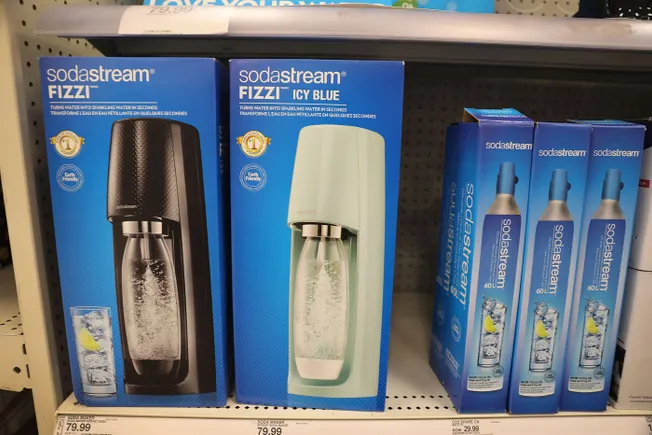Table of Contents
PepsiCo has successfully reduced its virgin plastic use by 5% in 2024, surpassing its annual target of 2%, as stated in the 2024 ESG report released on Thursday. This marks the consumer packaged goods company’s first detailed report on its progress towards its newly revamped sustainability goals, which were announced in May.
Chief Sustainability Officer Jim Andrew emphasized the company’s commitment to transparency and open discussion regarding its sustainability efforts. Since introducing the PepsiCo Positive (pep+) sustainability program in 2021, Andrew noted that they have adapted to new learnings and external realities.
The update on goals follows PepsiCo’s acknowledgment in its 2023 ESG report that it might not achieve certain sustainability targets by 2025.
One of the company’s primary sustainability focus areas is packaging, with the new ESG report highlighting their vision of creating a world where packaging never goes to waste. This vision is anchored in three core principles: reduce, recycle, and reinvent, with a focus on packaging and material innovations.
Plastic Progress
In May, PepsiCo shifted its target from a 20% reduction in absolute tonnage of virgin plastic by 2030 to a yearly 2% reduction through 2030, specifically in primary plastic packaging in key markets. The report indicates a 5% reduction in virgin plastic use in 2024. Previously, the company faced challenges in reducing virgin plastic usage, with a reported 11% increase in 2023.
Towards the new goal of incorporating 40% or more recycled content in plastic packaging by 2035, PepsiCo achieved approximately 15% in 2024, up from 10% in 2023 towards the previous 50% target by 2030.
Advancements in Reusability and Recyclability
PepsiCo discontinued its formal goal for reusable packaging but continues to monitor reusability in its product portfolio. The company participated in the Petaluma Reusable Cup Project in California in 2024, collecting 200,000 cups for reuse. Other initiatives include offering reusable glass and plastic bottles and expanding the SodaStream beverage-making system.
Another revised goal is to ensure at least 97% of PepsiCo’s packaging is reusable, recyclable, or compostable by 2030. In 2024, they reached 93% in primary and secondary packaging in key markets. Past efforts in 2024 included adapting Mountain Dew bottles in Pakistan to align with local recycling standards and introducing the first 100% recycled PET carbonated beverage bottle in Taiwan for 7UP.
Emissions Reduction
PepsiCo also reported progress in emissions reduction, achieving an 18% reduction in scope 1 and 2 emissions in 2024 towards the goal of a 50% reduction by 2030. They also made strides in reducing scope 3 energy and industry emissions by 12% in 2024 towards the 42% reduction target by 2030.

